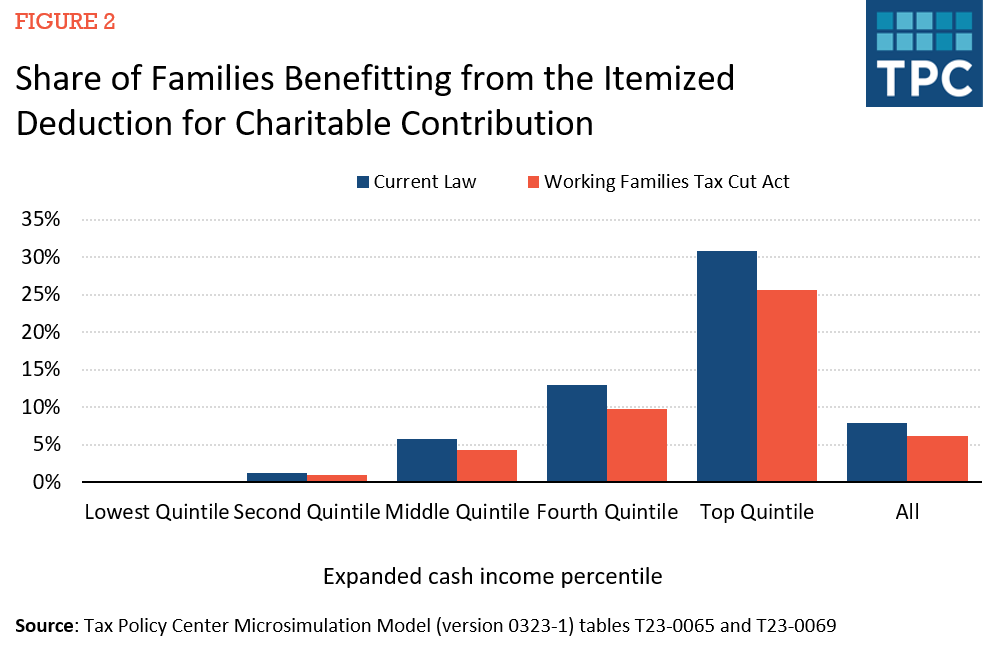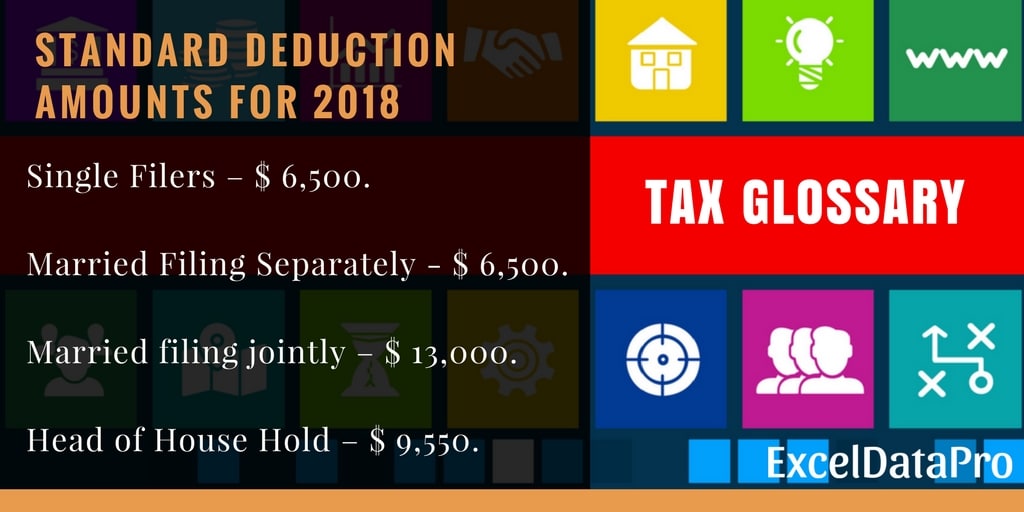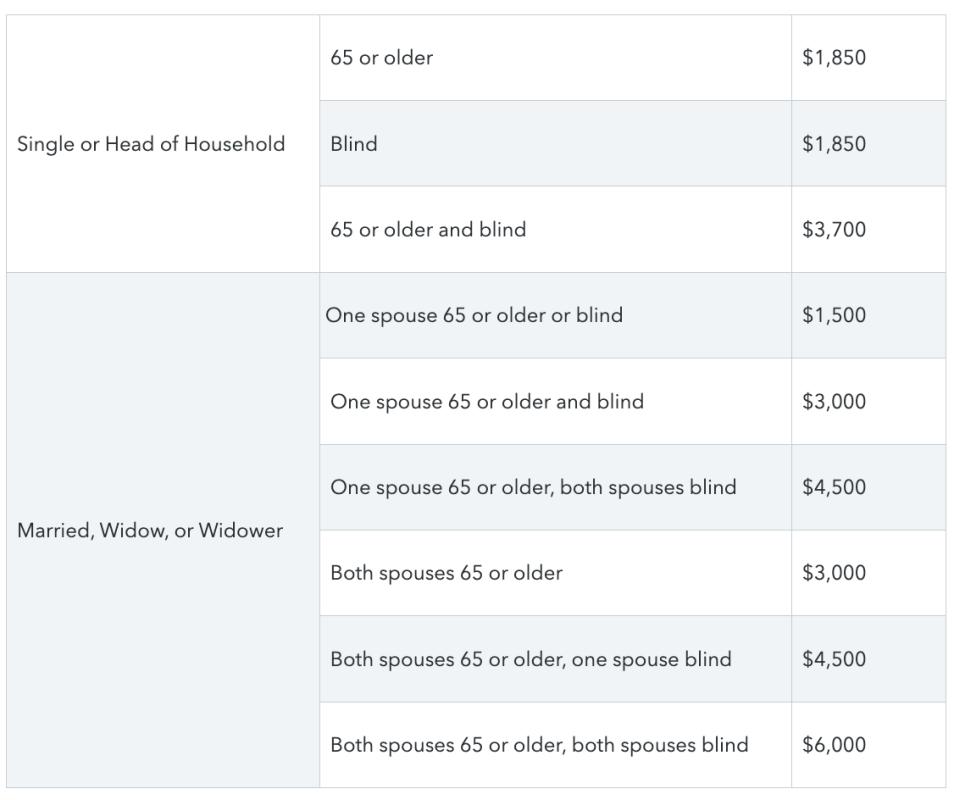How to maximize your tax benefits with the FEIE Standard Deduction
Wiki Article
All Regarding the Foreign Earned Earnings Exemption: Optimizing Your Requirement Reduction Advantages
The Foreign Earned Income Exemption (FEIE) provides an important chance for united state residents living abroad to minimize their tax responsibilities. Understanding the eligibility requirements is necessary for those looking for to gain from this exemption. Claiming the common reduction can boost general tax obligation benefits. Nonetheless, handling this process includes mindful interest to detail and an awareness of usual mistakes. Discovering these aspects can provide clarity and take full advantage of prospective tax advantages.Recognizing the Foreign Earned Revenue Exemption (FEIE)
The Foreign Earned Revenue Exemption (FEIE) enables U.S. people and resident aliens functioning abroad to leave out a section of their international incomes from government revenue tax obligation. This arrangement acts as an economic relief system, making it possible for migrants to preserve a larger share of their income gained in international countries. By minimizing taxable revenue, the FEIE assists ease the concern of dual tax, as individuals may additionally go through tax obligations in their host nations. The exemption applies just to earned revenue, which consists of salaries, wages, and expert charges, while passive income and financial investment gains do not qualify. To take advantage of the FEIE, individuals should submit particular kinds with the IRS, outlining their foreign incomes and residency - FEIE Standard Deduction. Understanding the subtleties of the FEIE can considerably affect financial preparation for U.S. citizens living overseas, making it essential for migrants to stay informed regarding this advantageous tax provisionQualification Criteria for the FEIE
To get the Foreign Earned Revenue Exclusion (FEIE), people need to meet certain eligibility standards. This includes gratifying residency requirements, passing the physical existence examination, and establishing a tax home in a foreign nation. Each of these elements plays an essential role in identifying whether one can profit from the exclusion.Residency Demands
Meeting the residency demands is crucial for individuals seeking to get approved for the Foreign Earned Revenue Exemption (FEIE) To be eligible, taxpayers must establish a bona fide home in an international nation or nations for an uninterrupted period that usually extends a whole tax obligation year. This need highlights the necessity of a deeper connection to the foreign area, moving beyond simple physical existence. Individuals need to show their intent to stay in the international nation and have actually established their living situation there. Elements such as the length of stay, sort of real estate, and neighborhood neighborhood involvement are taken into consideration in determining residency. Meeting these criteria is vital, as failure to do so might disqualify one from profiting from the FEIE.Physical Presence Examination
Establishing qualification for the Foreign Earned Revenue Exemption (FEIE) can also be accomplished with the Physical Presence Examination, which calls for individuals to be physically existing in a foreign country for at the very least 330 complete days throughout a consecutive 12-month duration. This examination is valuable for those that may not satisfy the residency demand but still reside abroad. The 330 days must be complete days, indicating that any day invested in the USA does not count towards this total amount. It is important for individuals to keep accurate documents of their travel days and places to support their claims. Successfully passing this examination can substantially minimize gross income and improve economic results for migrants.Tax Obligation Home Location
Tax home location plays an essential duty in figuring out qualification for the Foreign Earned Income Exemption (FEIE) To qualify, a specific have to develop a tax home in an international country, which suggests their primary workplace is outside the United States. This is distinct from a mere residence; the specific must conduct their operate in the foreign nation while keeping a substantial connection to it. The IRS needs that the taxpayer can demonstrate the intent to remain in the foreign location for an extensive period. Additionally, maintaining a home in the U.S. can make complex eligibility, as it may recommend that the person's real tax home is still in the United States. Recognizing this standard is crucial for making best use of FEIE advantages.How to Assert the FEIE on Your Tax Return
Asserting the Foreign Earned Revenue Exemption (FEIE) on a tax return needs careful interest to detail and adherence to details IRS standards. Taxpayers must first validate eligibility by web link fulfilling either the authentic house examination or the physical existence examination. Once qualification is validated, they should finish IRS Type 2555, which information international made revenue and appropriate try this site information regarding their tax home.It is necessary to report all foreign earnings accurately and maintain ideal documentation to support cases. Taxpayers need to additionally understand the maximum exclusion restriction, which goes through annual changes by the internal revenue service. Filing Kind 2555 alongside the annual income tax return enables taxpayers to exclude a section of their foreign profits from U.S. taxes. It is recommended to speak with a tax obligation expert or IRS resources for updated information and guidance on the FEIE process, assuring compliance and maximization of prospective advantages.

The Criterion Reduction: What You Required to Know
Just how does the basic reduction influence taxpayers' general financial scenario? The basic deduction offers as a considerable tax benefit, decreasing gross income and potentially reducing tax obligation responsibilities. For the tax year 2023, the standard deduction is evaluated $13,850 for single filers and $27,700 for couples submitting jointly. This reduction simplifies the filing procedure, as taxpayers can opt for it as opposed to itemizing reductions, which needs in-depth record-keeping.
Taxpayers gaining foreign revenue may still assert the conventional reduction, taking advantage of minimized gross income also while making use of the Foreign Earned Income Exclusion (FEIE) Nonetheless, it is necessary to keep in mind that the conventional reduction can not be combined with itemized reductions for the exact same tax obligation year. Subsequently, comprehending the conventional reduction permits taxpayers to make enlightened decisions concerning their tax obligation strategies, maximizing readily available benefits while making certain conformity with internal revenue service laws
Methods for Maximizing Your Reductions
Maximizing deductions under the Foreign Earned Income Exemption needs a clear understanding of made earnings limitations and the benefits of declaring real estate exemptions. Additionally, utilizing Form 2555 successfully can improve the capacity for substantial tax financial savings. These approaches can substantially affect the total tax obligation obligation for expatriates.Understand Gained Income Limitations
While numerous migrants seek to decrease their tax burden, recognizing the earned revenue restrictions is crucial for properly leveraging the Foreign Earned Earnings Exemption. The Irs (IRS) sets certain thresholds that dictate the maximum quantity of foreign earned earnings eligible for exemption. For the tax year 2023, go to this site this restriction is $120,000 per certified person. Surpassing this limit may cause tax on the earnings above the limit, diminishing the benefits of the exemption. To make the most of reductions, migrants must maintain exact records of their international made earnings and examine their qualification for the exclusion every year. Strategic planning around these limitations can considerably boost tax obligation financial savings, enabling migrants to optimize their financial circumstance while living abroad.Asserting Real Estate Exclusion Conveniences
Several migrants neglect the potential advantages of asserting the Housing Exemption, which can significantly lower their gross income. This exclusion permits people living abroad to deduct specific housing costs from their gross earnings, making it less complicated to meet economic responsibilities without sustaining substantial tax obligation obligations. To optimize this advantage, expatriates ought to verify they certify based upon their residence and employment circumstances. Additionally, recognizing eligible costs-- such as lease, utilities, and maintenance-- can enhance the overall deduction. Keeping thorough records of these prices is essential for substantiating claims. By strategically navigating through the Real estate Exclusion, expatriates can notably decrease their tax obligation problem and retain more of their incomes while living overseas, eventually enhancing their economic health.Use Type 2555 Successfully
Utilizing Form 2555 effectively can significantly enhance the financial advantages readily available to migrants, particularly after taking benefit of the Housing Exclusion. This form permits individuals to claim the Foreign Earned Income Exclusion, which can greatly reduce gross income. To take full advantage of deductions, expatriates must confirm they fulfill the certifications, consisting of the physical existence examination or the authentic residence test. It is vital to accurately report all international made revenue and to keep extensive records of qualification. Furthermore, making use of the Housing Exemption in tandem with Kind 2555 can better lower overall tax obligation liability. By understanding the complexities of these forms, expatriates can enhance their tax obligation scenario and keep even more of their hard-earned income while living abroad.Common Mistakes to Prevent When Filing Your Taxes Abroad

Often Asked Concerns
Can I Declare Both FEIE and the Foreign Tax Obligation Credit History?
Yes, a person can claim both the Foreign Earned Earnings Exemption (FEIE) and the Foreign Tax Credit History (FTC) They need to ensure that the same income is not made use of for both advantages to prevent double advantages.What Occurs if I Surpass the FEIE Revenue Restriction?
Going Beyond the Foreign Earned Earnings Exclusion (FEIE) revenue limitation results in the ineligibility for the exclusion on the excess amount. This could result in gross income in the United States, requiring ideal tax obligation filings.Are There Any State Tax Ramifications for FEIE?
State tax obligation ramifications for the Foreign Earned Earnings Exclusion (FEIE) differ by state. Some states might exhaust international income while others adhere to federal exemptions, making it important for people to seek advice from state-specific tax obligation policies for quality.
Exactly How Does FEIE Impact My Social Protection Perks?
The Foreign Earned Revenue Exclusion (FEIE) does not directly affect Social Safety and security benefits. Earnings excluded under FEIE may impact the computation of ordinary indexed monthly incomes, potentially affecting future advantages.Can I Withdraw My FEIE Political Election After Asserting It?
Yes, an individual can revoke their International Earned Revenue Exemption (FEIE) election after declaring it. This abrogation should be carried out in creating and submitted to the internal revenue service, adhering to specific standards and target dates.Understanding the Foreign Earned Income Exemption (FEIE)
The Foreign Earned International Exclusion (FEIE) allows U.S. citizens united state people aliens working abroad functioning exclude a portion of section foreign earnings from incomes income tax. Taxpayers gaining foreign earnings might still claim the basic deduction, profiting from decreased taxed income also while making use of the Foreign Earned Income Exemption (FEIE) Maximizing reductions under the Foreign Earned Revenue Exclusion needs a clear understanding of made revenue limits and the advantages of asserting real estate exclusions. While numerous migrants seek to reduce their tax obligation burden, understanding the gained income restrictions is important for efficiently leveraging the Foreign Earned Income Exclusion. Going Beyond the Foreign Earned Revenue Exclusion (FEIE) revenue limit results in the ineligibility for the exemption on the excess amount.
Report this wiki page